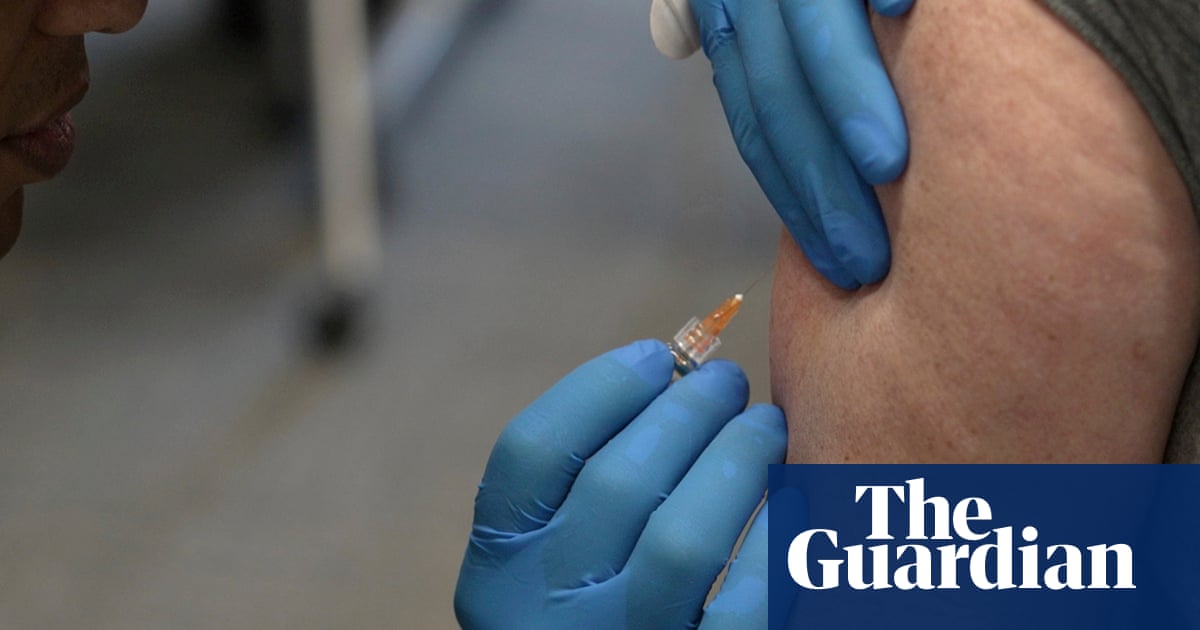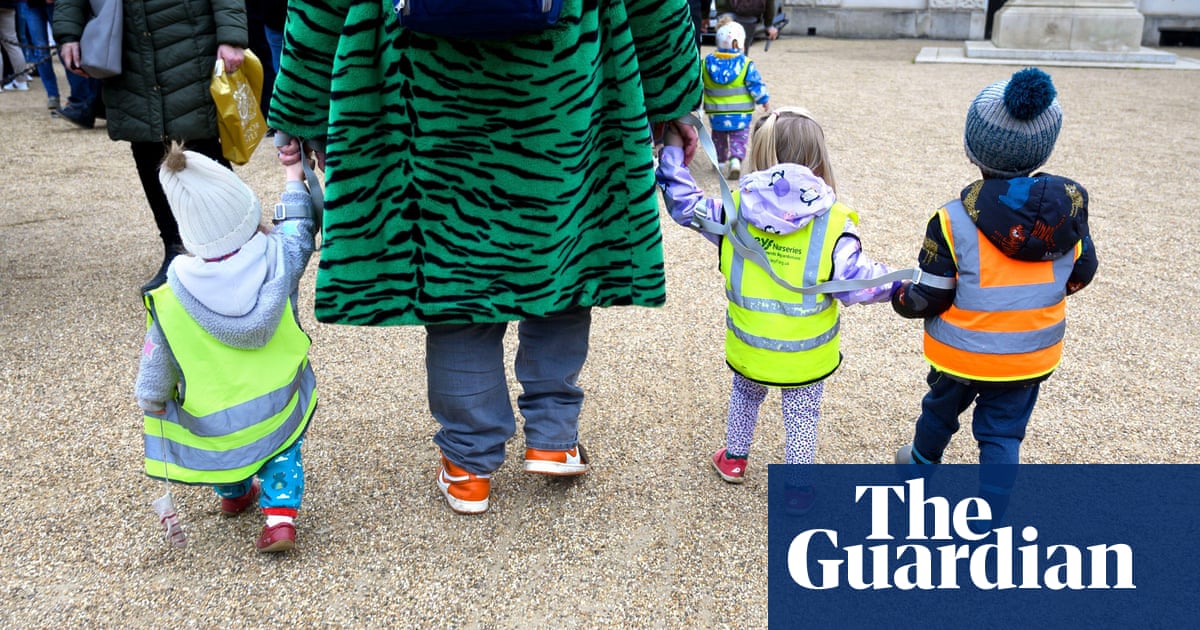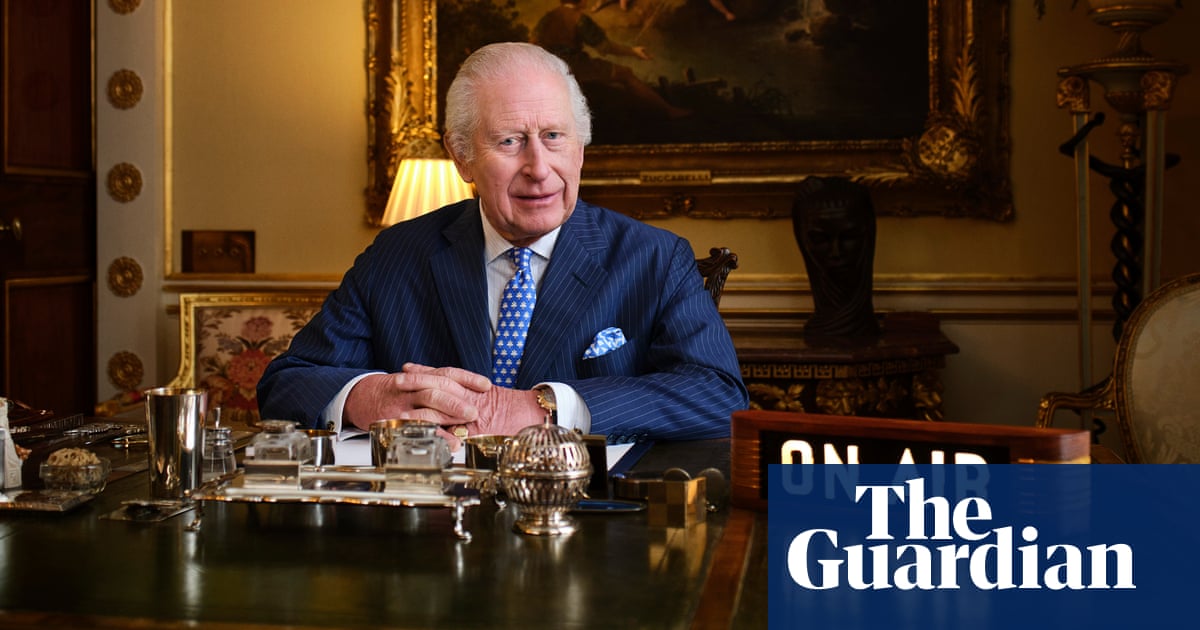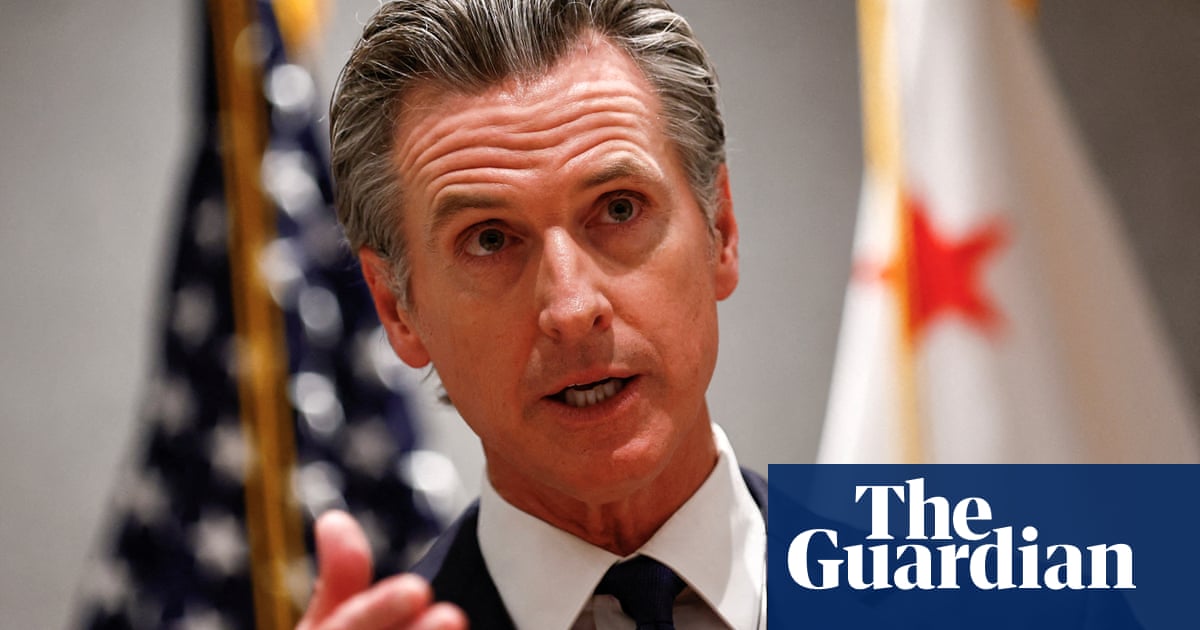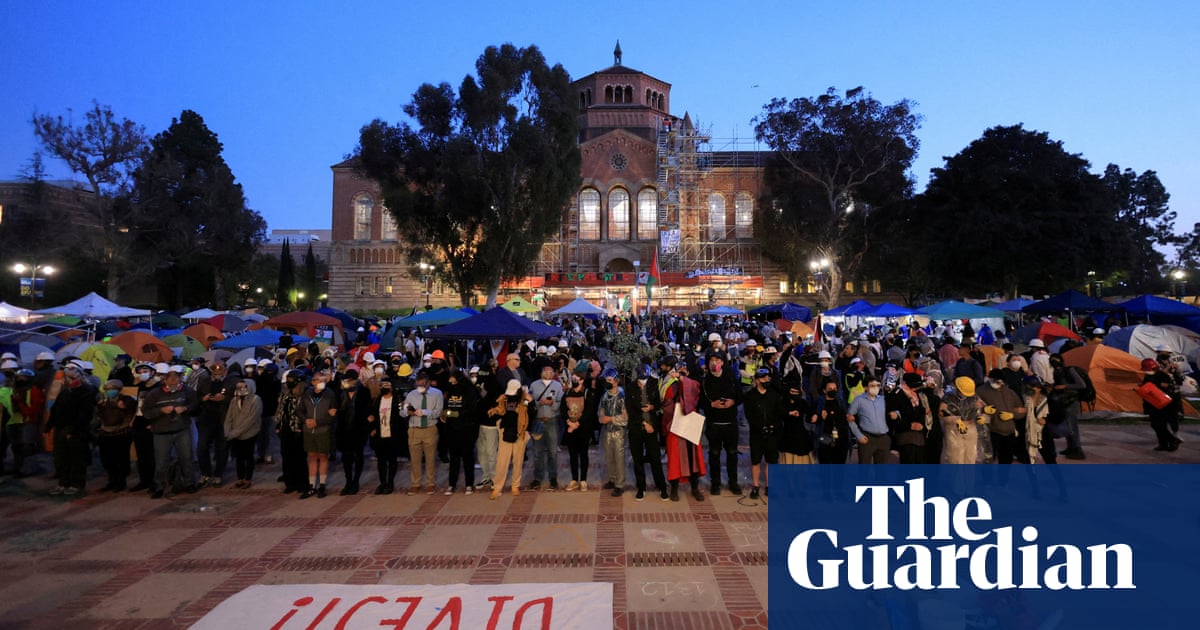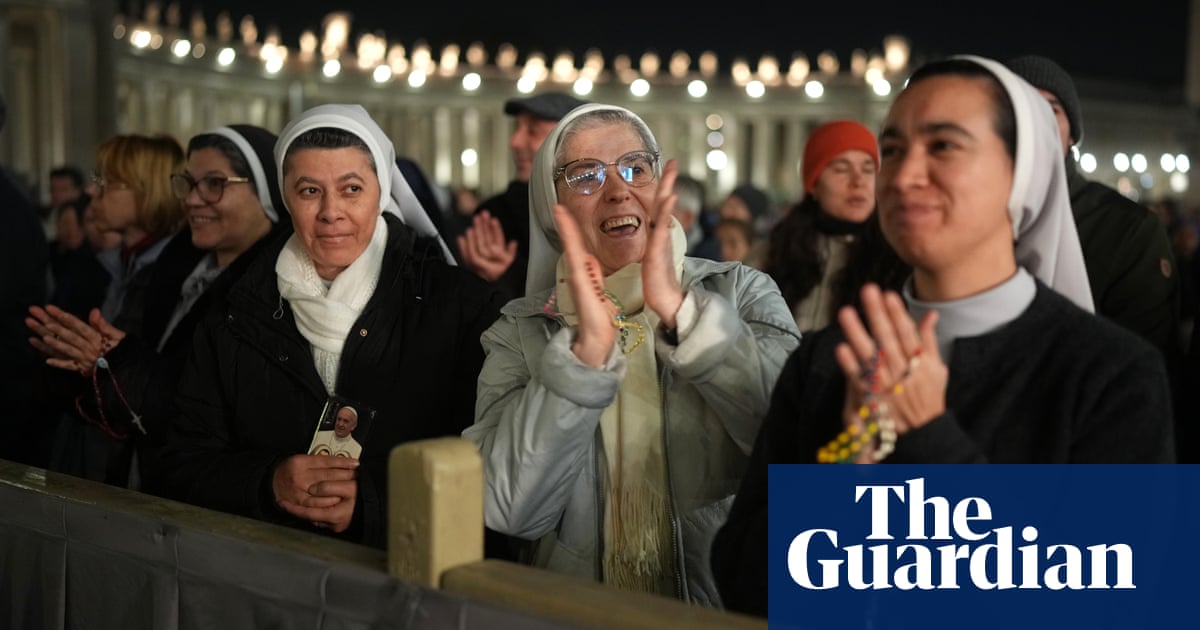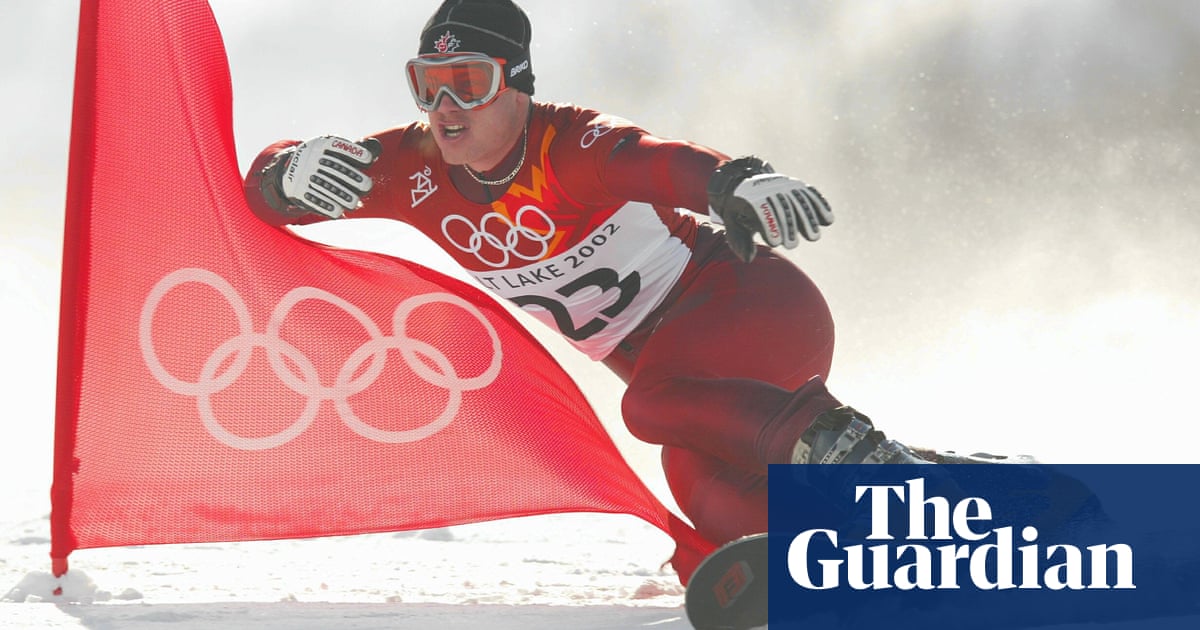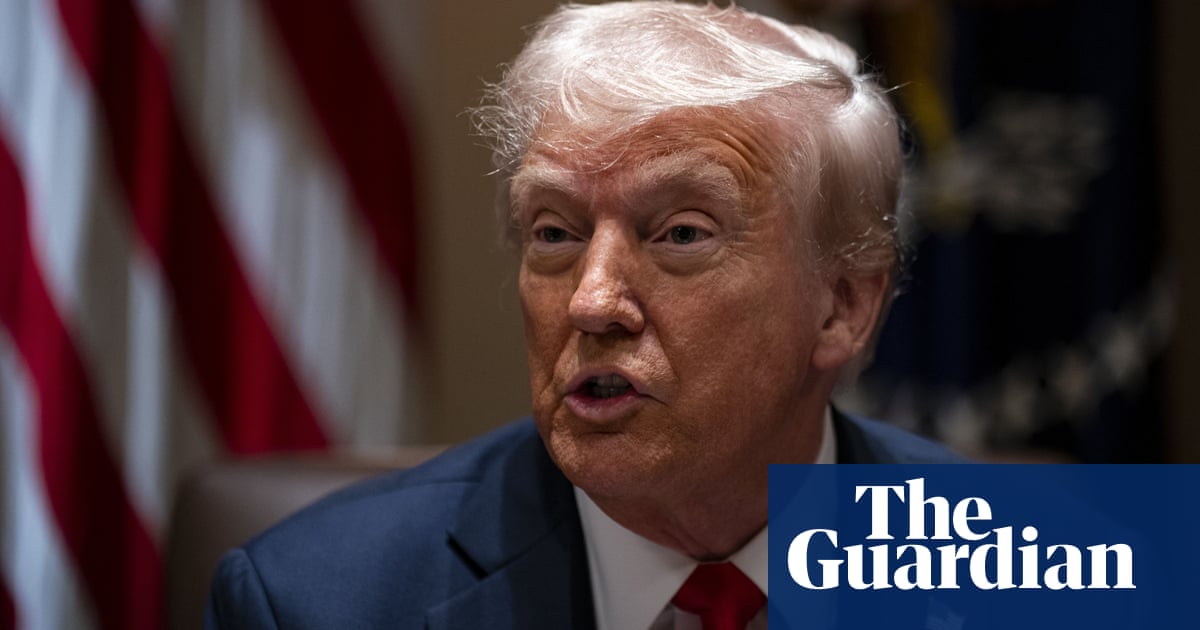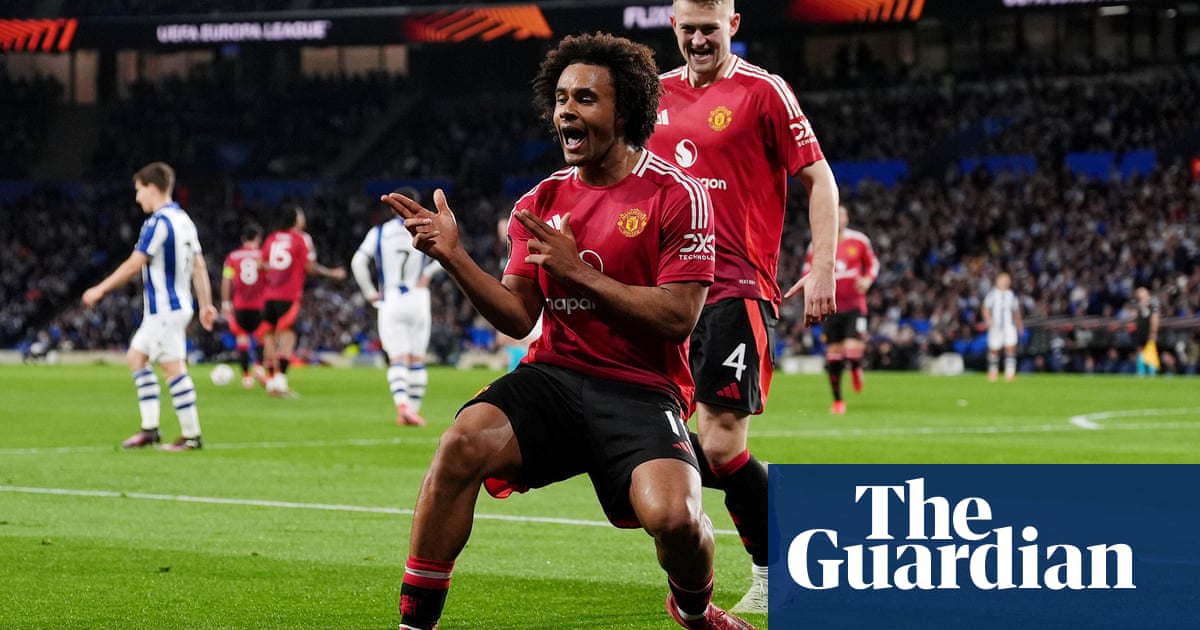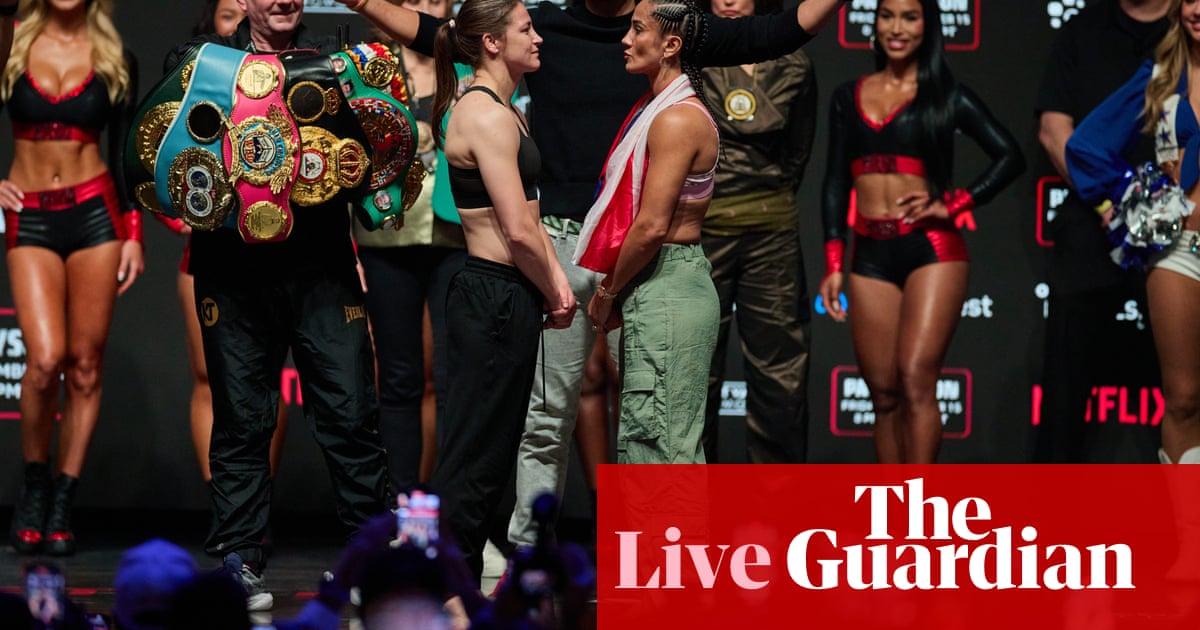The champions of Europe side by side with more than half the champions of the world.” The first line of Barry Davies’s Sportsnight commentary is so succinct that, 41 and a half years later, there is no need for a new introduction. Aston Villa’s European Cup quarter-final against Juventus in 1983 had a unique selling point.
The clubs meet again on Wednesday in the Champions League but back then Villa were the holders of the trophy – although six of the Juventus team had started for Italy when they beat West Germany in the 1982 World Cup final. And they had the best player from the teams that finished third and fourth, France’s Michel Platini and Poland’s Zbigniew Boniek.
“It was a very, very high-profile game,” says Andy Blair, who doubled up as right-side and central midfielder for Villa in the first leg. “It was billed as not just Juventus v Aston Villa but Italy v Aston Villa, with two world-class players sprinkled on top. For us there was a mix of excitement and trepidation.”
The profile of each team was reflected in the number of international caps in the starting XIs for the first leg: Villa 13, Juventus 516.
Villa had an uncapped gem in Gary Shaw, who scored four goals in the two legs of the previous round against Dinamo Bucharest. The previous summer he received the Bravo Award for the most outstanding young player in Europe, the prize for which was a gold medal with a diamond inset, valued at £1,000, and a holiday for two in Italy.
Juventus identified him and the left-winger, Tony Morley, as the main threats. Before the game, the Juve manager, Giovanni Trapattoni, gave a glowing assessment of Shaw’s ability before landing the punchline. “Gentile will mark him.”
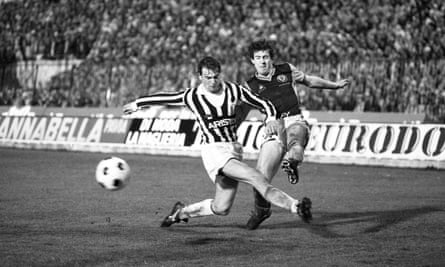
Claudio Gentile, the world’s best man-marker, a merciless limpet who had been assigned to mark Diego Maradona and Zico at the World Cup and barely gave Shaw a kick. When they swapped shirts, Shaw could still smell the aftershave on the Juventus kit. Gentile was the most fragrant beast in football.
Morley’s preparation was not helped by a strange incident the night before. He was called at home – “I don’t know how the guy got my number” – and invited to the Juventus hotel for dinner and a photoshoot with Paolo Rossi, who, like Morley, was sponsored by the bootmaker Pony. Morley’s main motivation for going was so that his nephew could meet Rossi, who won the Golden Boot at the World Cup.
When they arrived they were told Rossi was in a team meeting and would be down in a minute. Two hours later came another update: Rossi was not feeling well and the photoshoot was cancelled. “I didn’t get home till about 10 o’clock,” says Morley. “It’s not a big thing but you have your routine the night before a game. I didn’t even get a meal, just a cup of coffee.”
Morley may have been subject to a bit of low-level machiavellianism. “Looking back it seems a bit strange. I was more disappointed for my nephew – he had his autograph book ready. I never heard from the fella again.”
Morley was not at his electrifying best the following night, though he was still involved in most of Villa’s best chances. “I didn’t have the best of games,” says Morley. “I ricked my neck and I was in a lot of pain, so I found it hard to twist and turn. I should have come off but in those days you wanted to play through the pain, especially in such a big game. That’s not making any excuses – once they went in front they put on a masterclass in how to defend.”
Juventus went in front before Villa had touched the ball. After 40 seconds, Rossi escaped Des Bremner, who was filling in at centre-back because of Allan Evans’s suspension, and slammed a header past Nigel Spink. “Games can be decided by minute details,” says Blair. “I should have stopped the cross. It still lives with me that I was partly culpable for the goal. I don’t think about it every week, but when I do there’s an overriding feeling of: ‘Urgh, I could have done better there.’”
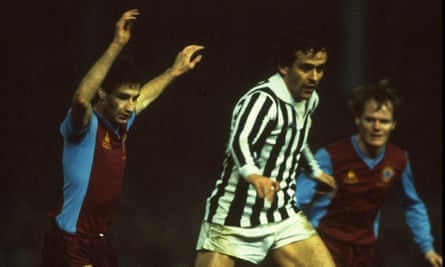
The video suggests Blair is more than a little harsh on himself. While Juventus were the better side, Villa had their moments. After Colin Gibson headed nervously against his own bar, Ken McNaught had an emphatic header ruled out for … well, nobody knows to this day. It was a clear and painfully obvious error, but the Villa players accepted the decision without complaint.
The pace of the game was ferocious, but most of the decisive moments involved players who had their bodies in the oven and their brains in the fridge. In the 51st minute, after a flurry of tackles in the inside-right channel, Gordon Cowans calmly danced away from Massimo Bonini and curved the ball out to the left-back, Gibson. He looked, as Villa always did, for the abundant head of Peter Withe at the far post, but the ball did not reach him. Cowans arrived late in the box and planted a joyous flying header past Dino Zoff.
Cowans is adored at Villa Park. In March, his family announced he had entered a care facility due to a deterioration in his Alzheimer’s. In an era of all-action midfielders who oozed testosterone, Cowans was a symbol of understated class. “What a player,” says Blair. “His energy, his ability with right or left foot, his awareness and ability to pick a pass. He was tenacious; he had everything. He’d be a great player in any system, in any era. He’s the best player I ever played with and a great person. It’s so sad. My heart goes out to all his family and friends.”
after newsletter promotion
Cowans’s goal empowered Villa to push for a winner, with inevitable consequences. “We had no fear in Europe,” says Morley. “But Juventus had more experience and were more streetwise. The best Italian teams sense when there’s a weakness and pick their moments to attack.”
Rossi had a shot pushed on to a post. In the 83rd minute, Boniek lasered a shot into the top corner after a glorious flick from Platini. It was a goal of devastating brilliance that made Villa’s task for the second leg almost impossible.
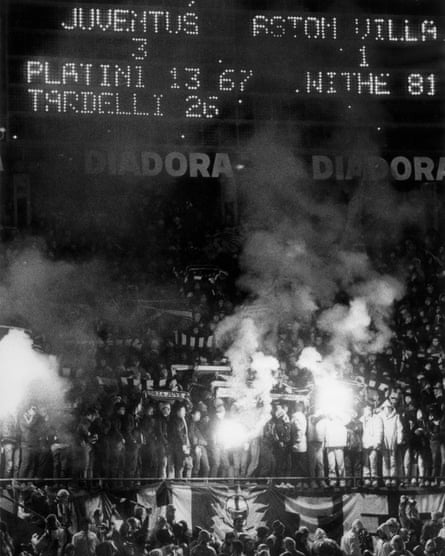
Morley and Blair were omitted in Turin; it was the beginning of a sudden end to the former’s Villa career. “I had a big falling out with the chairman [Doug Ellis], and he suggested that I shouldn’t play. The manager [Tony Barton] said: ‘You should have kept your opinions to yourself. It’s going to be hard for you now.’ A year earlier I’d been voted the best left-winger in Europe and now I couldn’t get a game.”
Platini scored twice after errors from Spink and McNaught, with Tardelli heading an excellent goal in between.
Withe’s late header was barely a consolation. On the same night, 16 March 1983, Liverpool were eliminated by Widzew Lodz and England’s run of six consecutive European Cup triumphs was over. Hamburg went on to beat Juventus in the final.
Beating Villa was a huge deal for Juve, who were desperate to win their first European Cup. Before the game tickets were being sold at 10 times face value – “I have never known anything like this before,” said Luigi Seiko, the club secretary – and at half-time in Turin, with Juve 4-1 ahead on aggregate, the Italian president, Sandro Pertini, called his Juve counterpart, Giampiero Boniperti, to congratulate him.
Three of the players who started the first leg are no longer with us: Gaetano Scirea, a majestic sweeper, Rossi and most recently Shaw, the Milky Bar kid who was on course to be a superstar when he suffered a horrible knee injury in September 1983.
The world moves on and the quarter-final becomes just another part of the European Cup’s rich history. But for one night at Villa Park, those players were the centre of the football world.

.png) 3 months ago
22
3 months ago
22
